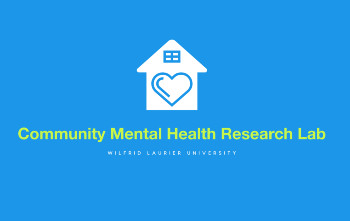We use cookies on this site to enhance your experience.
By selecting “Accept” and continuing to use this website, you consent to the use of cookies.

RESTART is an adaptation of the Housing First for Youth (HF4Y) model, combined with an integrated mental health and addictions model (IMHA), that is designed to address the needs of developing youth and young adults (aged 13-24) at risk of or experiencing homelessness, through providing them with immediate access to housing that is safe, affordable and appropriate, and the necessary supports that focus on wellness and social inclusion designed to help them successfully transition to adulthood. This study is assessing the effectiveness of an integrated intervention tailored to better meet the housing, mental health and addiction service needs of youth experiencing homelessness and concurrent disorders (CDs).
This project is funded by the Making the Shift Social Innovation Lab.
Public opinion is an important part of the health equity policy agenda. We surveyed 2,006 adult Ontarians through a telephone survey and assessed current public opinion on health equity and understanding of the Social Determinants of Health (SDOH), as well as support for various health equity solutions.
Findings indicate that the Ontario public is more supportive of targeted health equity interventions, but that attributions of inequities and political affiliation are important predictors of support. Not all Ontarians have a full understanding of SDOH, or attribute health inequities to larger social structures that place people experiencing poverty at a disadvantage with respect to health (i.e., ‘plight of the poor’). The Ontario public may be accepting of messaging around health inequities and the SDOH depending on how the message is framed (e.g., plight of the poor vs. privilege of the rich).
Currently, we are studying narrative styles and Canadian media in order to create a series of health equity messages representing these various styles. The messages will be tested in a future Ontario-based, experimental study to determine the optimal way to inform Ontarians on health inequities, with the goal of increasing political will to act on the SDOH.